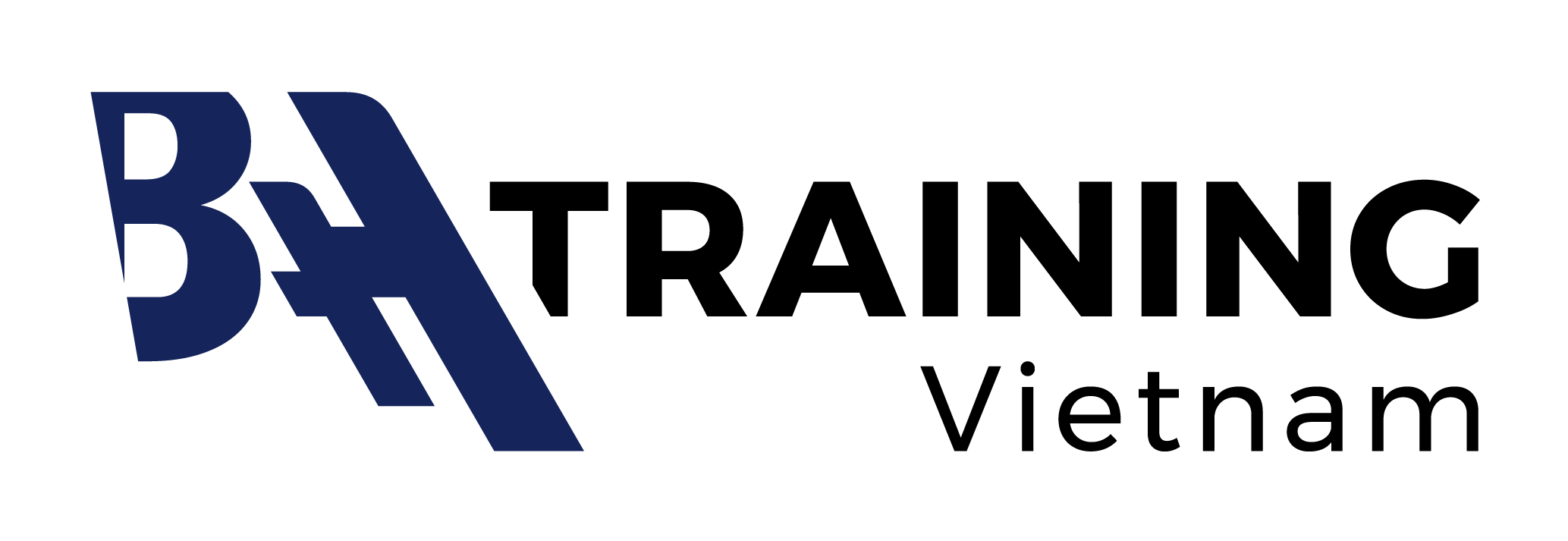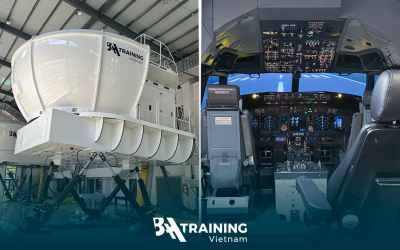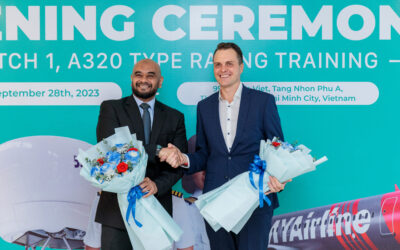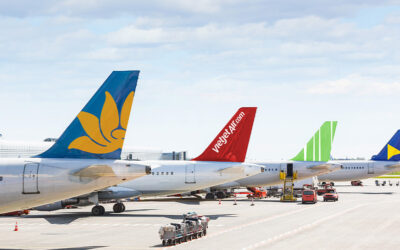CAE forecasts that the industry will need 255,000 new airline pilots over the next 10 years. Airbus predicts that by 2036 the demand for new pilots will be over half a million. It is calculated that the airline industry will need to produce 70 new type-rated pilots per day to meet the global demand. What does it mean for the global flight simulators’ market?
The latest report by “Reportlinker” on the Global Flight Simulator Market forecasts the growth of around 4.8% to reach approximately $9.5 billion by 2025. In turn, new pathways and processes will be required to meet the industry needs and ever-increasing safety standards.
The role of an engineer: 2in1
The training centres of large aviation companies usually have their own warehouses of spare parts and dedicated supply teams that can find the most efficient solution for the company. Smaller training centres are usually incapable of hiring designated people for dealing with search of the required components only. This is often one of the tasks of engineers who are the people that need to not only fix the problem, but also spend time searching for the required component within a limited time slot.
Keeping in mind an increasing demand of training services, simulator maintenance engineers will need to cope with even a larger scope of repair work and search of spare parts. With ever increasing workloads, it is going to be more complicated to cope with both of these functions.
“The average lifecycle of any spare part order is approximately 7-9 days in total: 1-2 days to find a component, up to 3 days to confirm order internally and implement both purchase and payment procedures, and 2-3 more days for the delivery and customs procedures. So, you can imagine how complicated it is for an engineer to deal with a large number of failures and all the market research and logistic matters“, comments Tomas Maldzius, SimHelp Product Manager.
The primary function of a flight simulator engineer is to ensure uninterrupted operation of the device and to fix any failure as soon as possible. Searching for spare parts is a time and energy consuming process that can make the work of a specialist less efficient and may lead to longer downtimes of the training equipment.
How not to get into trap?
Often engineers of aviation training centres send RFQs to a pool of trusted partners and suppliers and do not analyse if the market can offer anything better. Having reliable partners is always a good option, however, if a situation requires an immediate solution, you need to be certain that your supplier has the required component. Usually, the reserve of a single supplier is limited, thus if the spare part is out of stock, you need to start the whole RFQ process all over again.
“Many training centres in order to adhere to the yearly budget adopt procedures that set the minimum number of proposals from suppliers. It usually reaches from 3 to 5 different proposals. If a training centre is working only with 5 suppliers, it might get difficult to reach the threshold”, says T. Maldzius.
Usually, engineers do not have time for extensive market research on a certain component which might lead to making less effective financial decisions. Aviation market is rapidly expanding, thus each day a few more new service providers might enter the market. You need to be always digging up the latest information on the products and best prices. This requires both time and specific knowledge.
Moreover, there is a lack of dedicated simulator spare part providers as the majority of aviation spare part suppliers are focused on the components for aircraft and supply for airlines. Their solutions may not be sufficient for independent training centres. As usual, the latter are looking for more economical components and purchase a comparatively small amount of equipment. Thus they may not get as flexible client support as expected. Searching for simulator components can be a really tough task as the supply is rather scarce and the demand is rather high too.
Solutions
Buy a licence for an online spare parts platform. In order to speed up the process you need to acquire a licence of spare parts online platform. This is especially helpful if a training centre has a large number of RFQs. This type of solution is more often used by airlines, which can afford more costly solutions as it involves considerable yearly fees. However, be aware of the fact that by using an online platform you need to authenticate the supplier as unfair commercial practices might occur.
Try to regularly search for new suppliers. Make sure to regularly update your database and learn more about tips and tricks of working with suppliers. The safest way to find a reliable supplier is by asking for references from your colleagues and business partners. You can also establish new business relationships by attending tradeshows and conferences. We advise you to properly investigate new suppliers discovered on the Internet to avoid scammers.
Select a specialised simulator solution provider. You will get a more extensive pool of services that usually aviation spare part suppliers cannot provide: AR (non-certified) components and advanced exchange service. What is more, you can expect a more flexible approach both in terms of time and money. Specialised suppliers can also guarantee a wider range of simulator components. This may also work as a consultant having deep understanding about the market and its problems. You can discuss your personal simulators’ maintenance needs. However, there is a shortage of dedicated suppliers on the market and they are comparatively small, so larger training centres might find working with corporations more beneficial and / or in compliance with their internal business procedures.







